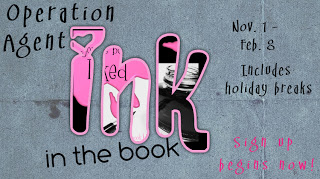 |
| Bing Free Images |
Try this: put your prose on a diet.
WritersDiet is an online tool to evaluate your writing on a scale from 'lean' all the way to 'heart attack territory'. Simply paste a block of writing in the box and click 'run the test'.
In seconds, the site analyzes your sample with an algorithm, grading different areas of efficiency. You'll see an overall grade, then an analysis of your use of five different categories: verbs, nouns, prepositions, adjectives & adverbs, plus those pesky words like it, this, that, and there.
The score indicates areas you could consider tightening. Here's an example of a score chart. Click the red 'see full diagnosis' for a printable pdf file of your sample, score, and suggestions for changes.
Below the ratings, the site shows your sample passage with individual words highlighted in each of the colors. I was surprised to see that I used the word 'up' three times. I'll definitely make some changes.
If you find you need to cut words, here are two tips to try:
Fantasy author Carol Berg challenges herself by looking at the end of a paragraph. Mine (above) has a 'tail' of four words at the bottom. Carol, who admits to wordy first drafts, would find enough words to cut in the paragraph to eliminate that tail.
Agent Rachelle Gardner compiled a list of words to watch for. Use the 'find' feature on your word processor to locate and then eliminate excess verbiage.
Keep in mind that the WritersDiet site warns,
The WritersDiet Test is a blunt instrument, not a magic bullet. A stylish passage may score badly on the test, and a dull passage may score well. It is up to you to make intelligent use of the targeted feedback that the test provides.
What kinds of words add inches to your manuscript? Any additional tips for tightening?


























